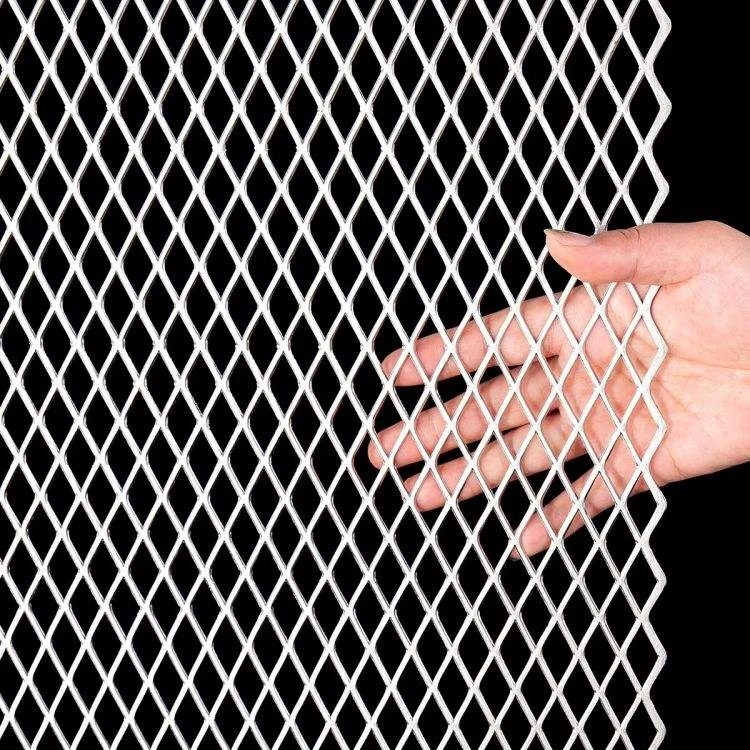A Guide to Successful Fence Construction
When it comes to enhancing the security and aesthetics of your property, a well-constructed fence can be a game-changer. Whether you’re looking to install a fence for privacy, safety, or decorative purposes, understanding the fundamentals of fence construction is essential. Here are some key considerations to ensure your fencing project is a success.
Planning and Design
Before you begin, it’s crucial to plan your fence layout carefully. Start by determining the purpose of your fence—whether it’s to keep pets in, provide privacy, or simply mark your property line. Measure the area where you want the fence to be installed, and sketch a design that includes the desired height, style, and material. Common materials include wood, vinyl, chain-link, and wrought iron, each offering unique benefits and aesthetics.
Check Local Regulations
Before proceeding, check local building codes and zoning laws, as many municipalities have specific regulations governing fence height, materials, and placement. Some areas might even require permits, so it’s wise to familiarize yourself with these requirements to avoid potential fines or having to remove your fence later on.
Gathering Materials
Once you have your design and permissions sorted, gather your materials. The essential components for most fences include posts, panels, gates, and concrete for securing the posts. Be sure to choose high-quality materials to enhance the durability and longevity of your fence. For instance, treated wood is resistant to rot and pests, making it a popular choice for wooden fences.
fence construction site

Setting the Posts
The most critical step in fence construction is setting the posts. Ensure you properly mark the location of each post according to your design. Dig post holes at least one-third the height of the post and fill the bottom with gravel for drainage. After placing the posts, use concrete to secure them, making sure they are level and aligned. Allow the concrete to cure for at least 24 hours before proceeding.
Installing Panels and Gates
After the posts are secure, it’s time to install the panels or boards. Depending on the style of your fence, you may need to attach them horizontally or vertically. Make sure to maintain consistent spacing for a professional finish. Finally, install any gates, ensuring they swing smoothly and securely latch.
Finishing Touches
Once the main structure is complete, consider adding a protective finish, especially for wooden fences. Staining or painting not only enhances the appearance but also protects against the elements. Regular maintenance, such as repainting or resealing, will extend the lifespan of your fence.
In conclusion, building a fence requires careful planning and execution. By adhering to local regulations, choosing quality materials, and following proper construction techniques, you can create a durable and attractive fence that meets your needs for years to come. Happy fencing!
-
Why Galvanized Trench Cover Steel Grating Resists Corrosion
NewsJul.10,2025
-
The Versatility and Strength of Stainless Expanded Metal Mesh
NewsJul.10,2025
-
Load Calculations in Steel Grating Platforms
NewsJul.10,2025
-
Keeping Pets and Kids Safe with Chicken Wire Deck Railing
NewsJul.10,2025
-
Hole Diameter and Pitch for Round Perforated Metal Sheets
NewsJul.10,2025
-
Aluminium Diamond Mesh in Modern Architecture
NewsJul.10,2025
Subscribe now!
Stay up to date with the latest on Fry Steeland industry news.

